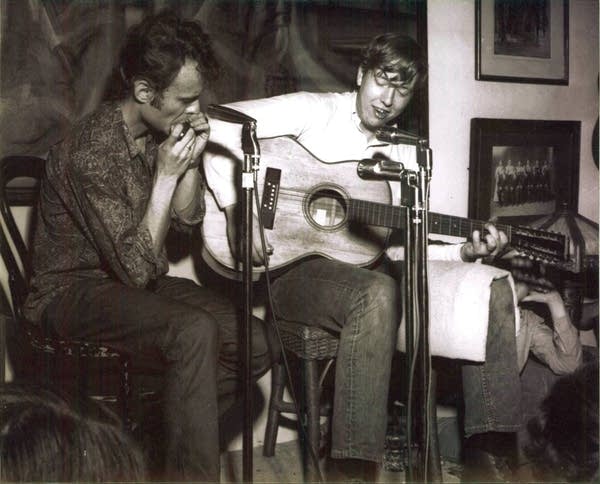Minnesota music legend Tony 'Little Sun' Glover dies at 79

Tony Glover and Dave Ray performing together at the Avant Garde in Milwaukee in 1964.
Photo by Gordie Simmons, file
Go Deeper.
Create an account or log in to save stories.
Like this?
Thanks for liking this story! We have added it to a list of your favorite stories.


